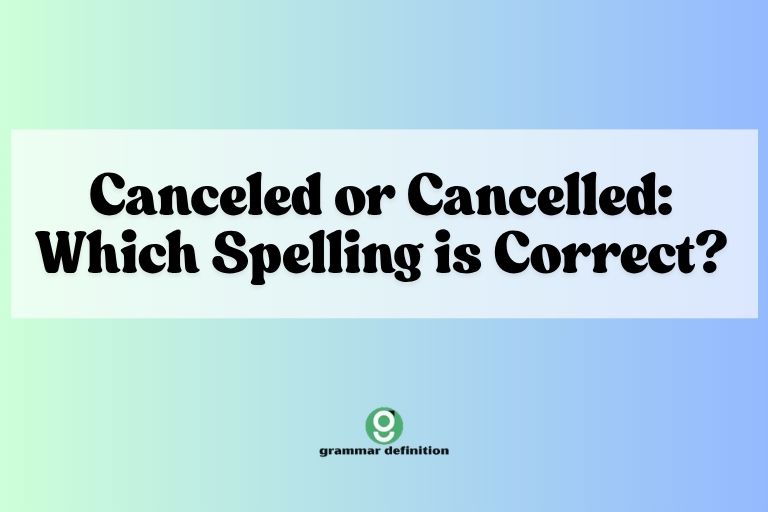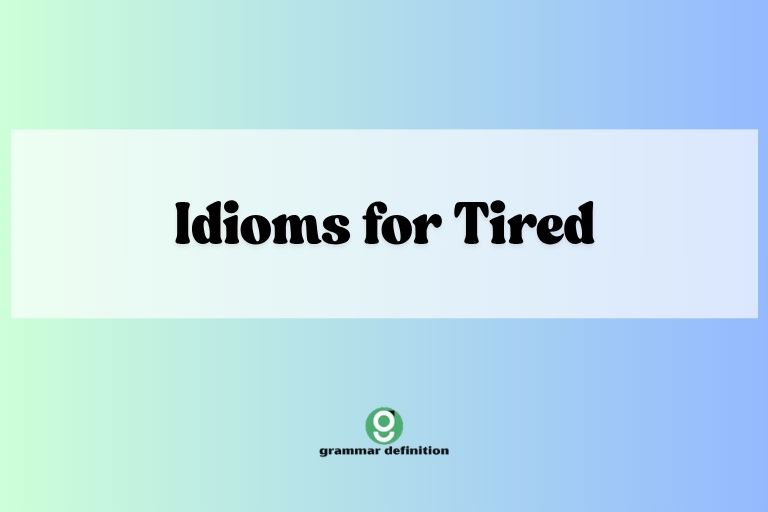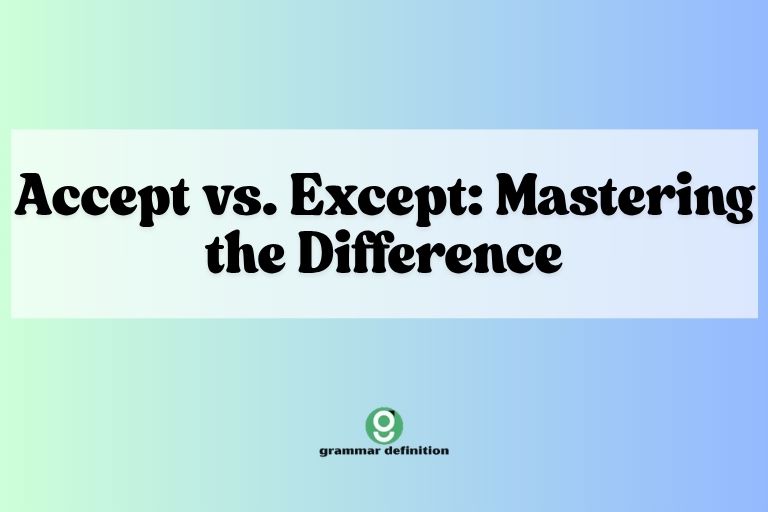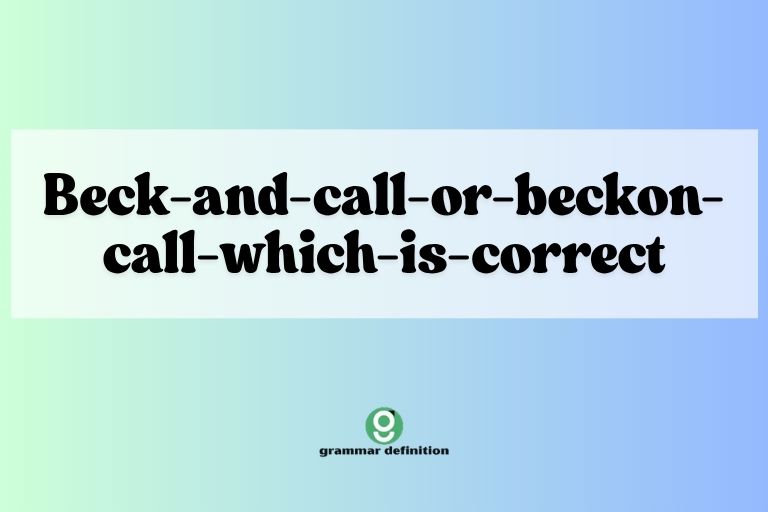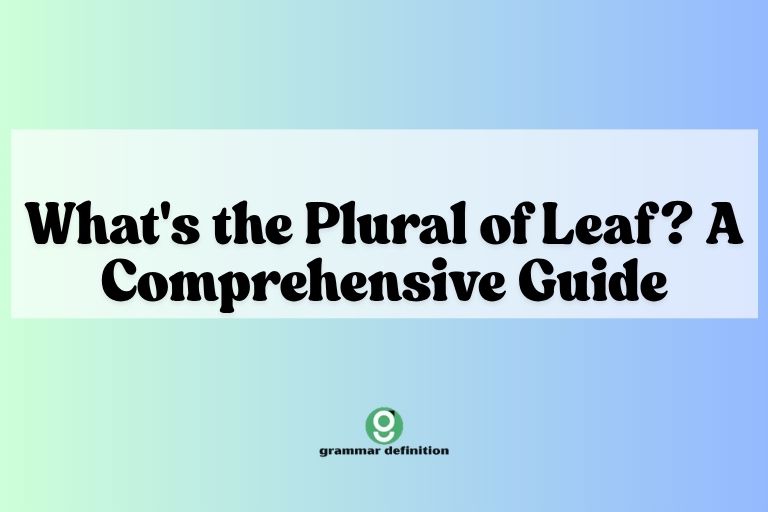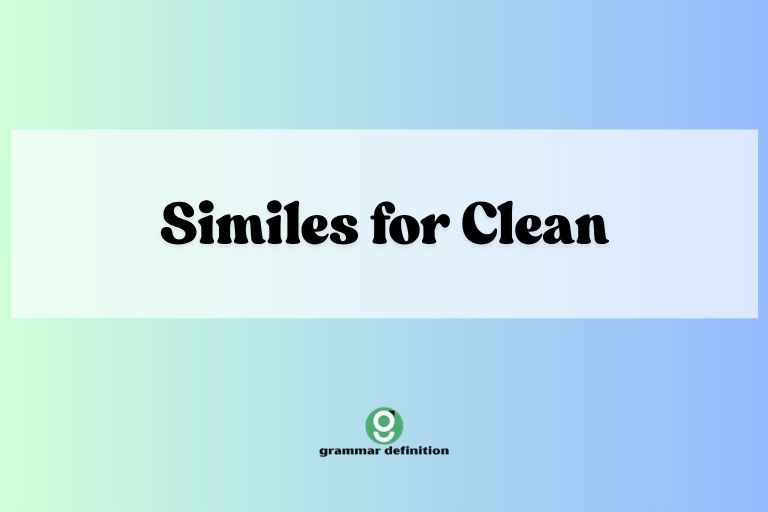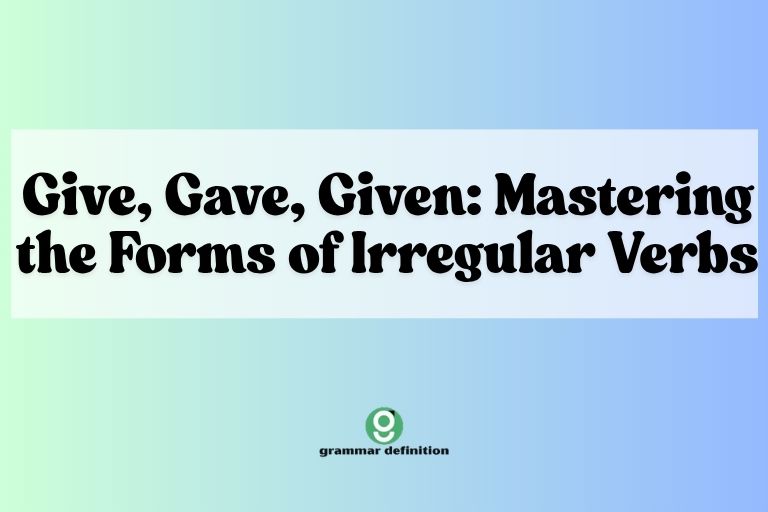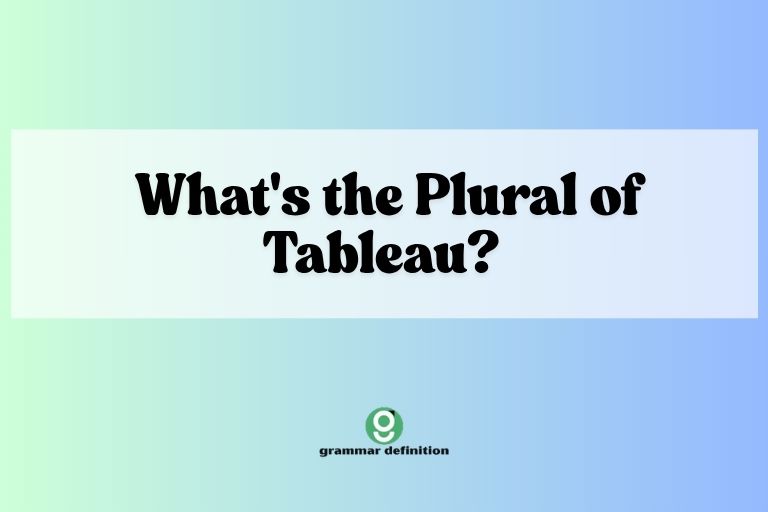Canceled or Cancelled: Which Spelling is Correct?
The English language, with its rich history and diverse influences, often presents us with spelling variations that can be confusing. One such quandary involves the past tense and past participle of the verb “cancel”: is it “canceled” or “cancelled”? The answer, while seemingly simple, depends on the region and the preferred style guide. Understanding the … Read more

